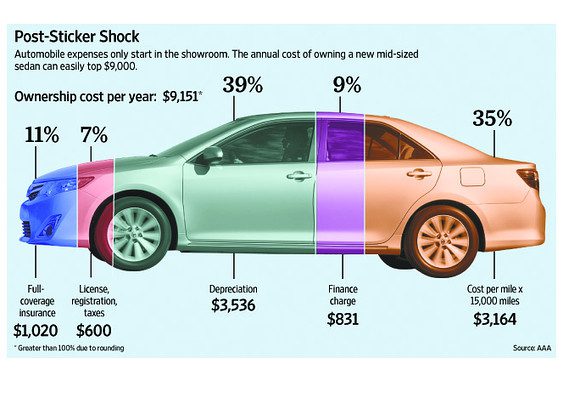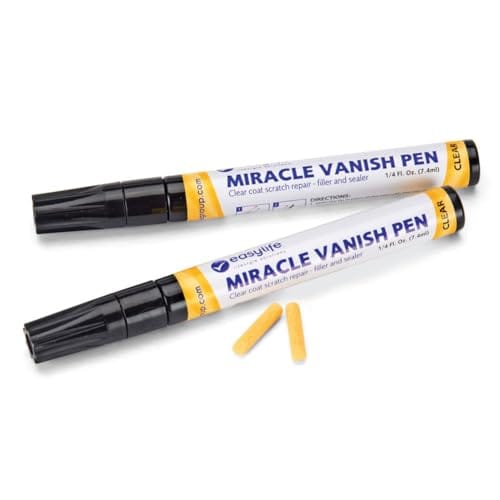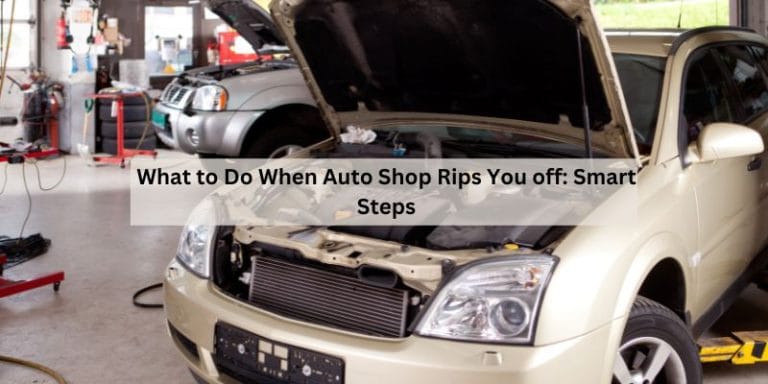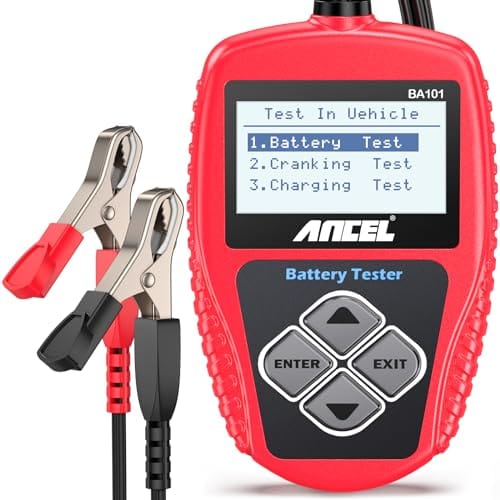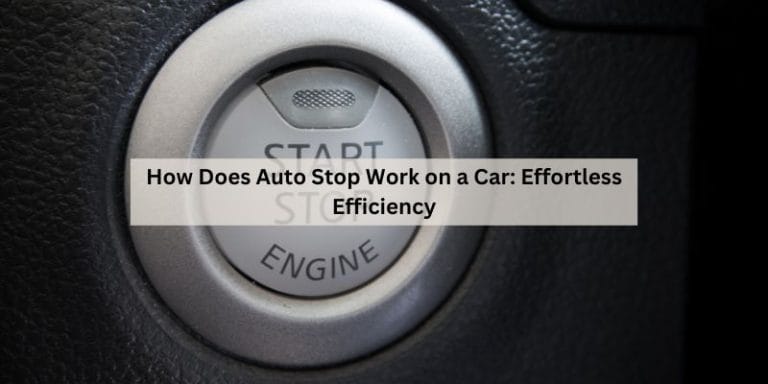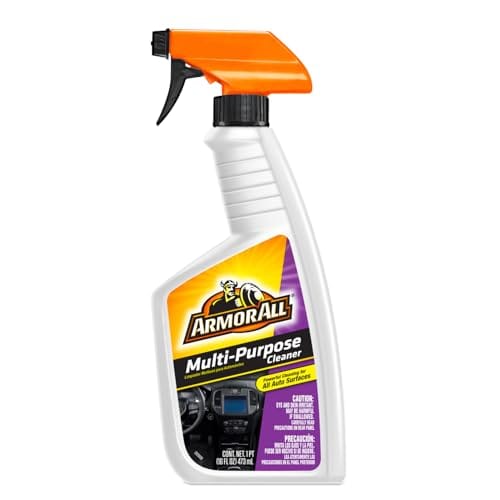How Much Do Cars Cost: A Comprehensive Guide to Pricing
The cost of cars varies widely. Factors like brand, model, and features influence prices.
Buying a car can be a significant investment. Whether you are purchasing your first vehicle or upgrading, understanding car costs is crucial. Prices range from budget-friendly models to luxury vehicles. Knowing how much to spend can help you make a wise decision.
We’ll explore the elements that affect car prices. We’ll also discuss how to estimate costs and find the best deals. This guide aims to provide you with essential information to navigate the car buying process. Let’s dive in and discover what impacts car costs and how to determine the right budget for your next vehicle.
Factors Affecting Car Prices
The make and model of a car play a big role in its price. Luxury brands often cost more. Popular models might have higher prices too. Some brands are known for reliability. They may also be more expensive.
Newer cars usually cost more than older ones. As cars age, they lose value. Depreciation happens quickly in the first few years. A car’s age can affect its price a lot.
A car in good condition will cost more. Cars with low mileage are often more expensive. Accident history can lower a car’s price. Clean, well-kept cars hold their value better.

Credit: www.reddit.com
New Vs Used Cars
New cars often cost more than used cars. This is because new cars have the latest features. They also have fewer miles. Used cars are cheaper but may need repairs. New cars can be a good choice if you want the latest technology. Used cars can save you money if you are on a budget.
New cars lose value quickly. This is called depreciation. A new car can lose up to 20% of its value in the first year. After five years, a car could lose more than 60% of its value. Used cars have already gone through this. So, they lose value slower. This makes used cars a good deal if you want to save money.
Regional Price Variations
Car prices vary between urban and rural areas. In cities, prices are often higher due to demand. People in cities need cars more. This increases costs. Rural areas have lower prices. There is less demand. Dealerships in rural areas often offer better deals. The cost of living is lower. This helps reduce car prices. Urban dealerships have higher overhead costs. They pass these costs to customers. In rural areas, overhead costs are lower. This results in cheaper cars.
State taxes and fees affect car costs. Each state has different rules. Some states have high taxes. This increases car prices. Others have low taxes. This helps keep costs down. Registration fees also vary. Some states charge more for registration. Others charge less. Sales tax is another factor. High sales tax raises the total price. Low sales tax keeps it lower. Buyers must consider these costs. They impact the final price of a car.

Credit: metrorestyling.com
Additional Costs
Car insurance is a must. It protects you and your car. Costs vary by age, location, and driving record. Young drivers pay more. Safe drivers can get discounts. Shop around for the best rates. Compare different policies. Always read the fine print.
Cars need regular maintenance. Oil changes, tire rotations, and brake checks are common. Unexpected repairs can be costly. Keep some money aside for these. Regular checks can prevent big issues. Use a trusted mechanic. This keeps your car in good condition.
Each year, cars need registration. This has a cost. Registration fees vary by state. You also pay taxes on your car. The amount depends on your car’s value. Newer, expensive cars have higher taxes. Always check local requirements. Stay updated to avoid penalties.
Financing Options
Loans are a common way to buy cars. You borrow money from a bank or lender. You pay back the loan with interest over time. Payments are usually monthly. The loan term can be 3 to 7 years. Interest rates depend on your credit score. Better scores get lower rates. Loans help spread out the cost. You get the car right away.
Leasing is another option. You make monthly payments. But you don’t own the car. Leases usually last 2 to 3 years. At the end, you return the car. You can then lease a new car. Monthly payments are often lower than loan payments. But there are mileage limits. Extra miles cost more. Leasing is good for new cars. It keeps your monthly cost down.
Paying cash means buying a car outright. No loans or monthly payments. You own the car fully. This can save money on interest. But it requires a lot of money upfront. It’s a good option if you have savings. It avoids debt. Cash purchases give you full ownership. There are no extra fees or interest.
Impact Of Market Trends
The economy affects car prices a lot. Inflation can make cars more expensive. Job rates also play a role. More jobs, more buyers. Less jobs, fewer buyers. Interest rates matter too. High rates can make loans expensive.
People’s wants change car prices. Popular models cost more. Less popular cars cost less. Seasons affect demand too. Summer often sees more buyers. Winter sees fewer buyers. New trends can shift demand quickly.
New tech can raise prices. Electric cars are an example. They often cost more than gas cars. New safety features add to the price too. Buyers want the latest tech. This demand can keep prices high. Older models get cheaper over time.
Tips For Getting The Best Deal
Always start with a lower price. This gives room to negotiate. Research the market price for the car you want. Be firm on your budget. Do not show too much excitement. Ask for extra benefits like free services or add-ons.
Buy a car at the end of the month. Salespeople want to meet their quotas. Holiday weekends often have good deals. New models come out in fall, so buy older models then. Weekdays are less busy, so you get more attention.
Certified pre-owned cars are used cars with warranties. They are inspected by the dealer. These cars cost less than new ones. They are reliable and often like new. Great value for your money.
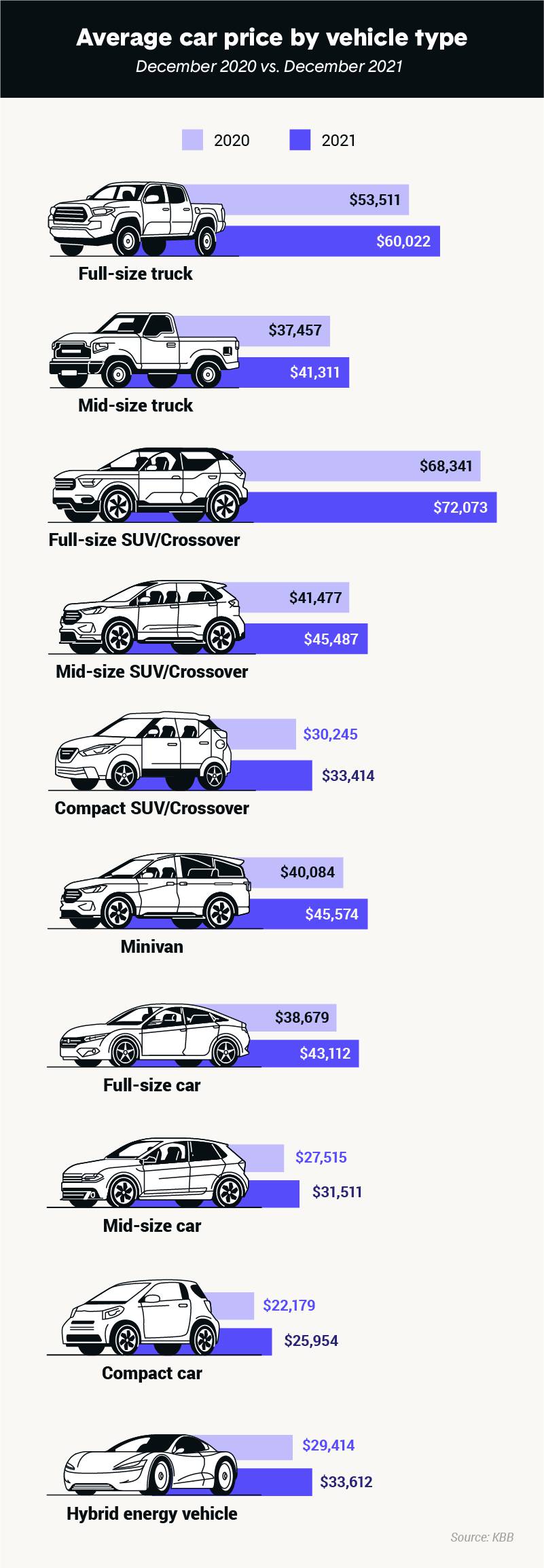
Credit: www.thezebra.com
Online Vs Dealership Purchases
Buying a car online can be easy. You can see many cars without leaving home. Prices are often lower. No pushy salespeople. But, you cannot test drive the car. You must trust the seller. Dealerships let you see and touch the car. You can test drive it. Salespeople can answer questions. But, prices may be higher. Dealerships can feel stressful.
Websites like Carvana, Vroom, and CarMax are popular. They offer many cars. They provide a return policy. This can give peace of mind. Reviews help you learn about the seller. Always read reviews before buying. Check if the site is secure. Look for “https” in the URL. Use these steps to stay safe.
Frequently Asked Questions
What Is The Normal Cost Of A Car?
The normal cost of a car ranges between $20,000 and $40,000. Prices vary based on model and features.
Is $5,000 A Lot For A Car?
$5,000 for a car can be reasonable. It depends on the vehicle’s condition, age, and mileage. Research and compare prices before purchasing.
Is $10,000 A Good Budget For A Car?
Yes, $10,000 is a good budget for a used car. You can find reliable, fuel-efficient models within this range.
What Is A Reasonable Price To Pay For A Car?
A reasonable price for a car depends on the make, model, condition, and market value. Research thoroughly and compare prices. Generally, expect to spend between $15,000 and $30,000 for a new car. For a used car, prices typically range from $5,000 to $15,000.
Conclusion
Understanding car costs helps you make better choices. Prices vary widely. New cars often cost more than used ones. Factors like brand, model, and features impact the price. Budget and needs should guide your decision. Always research and compare before buying.
This helps you find the best deal. Remember, a well-chosen car can save you money in the long run. Choose wisely and enjoy your ride!

